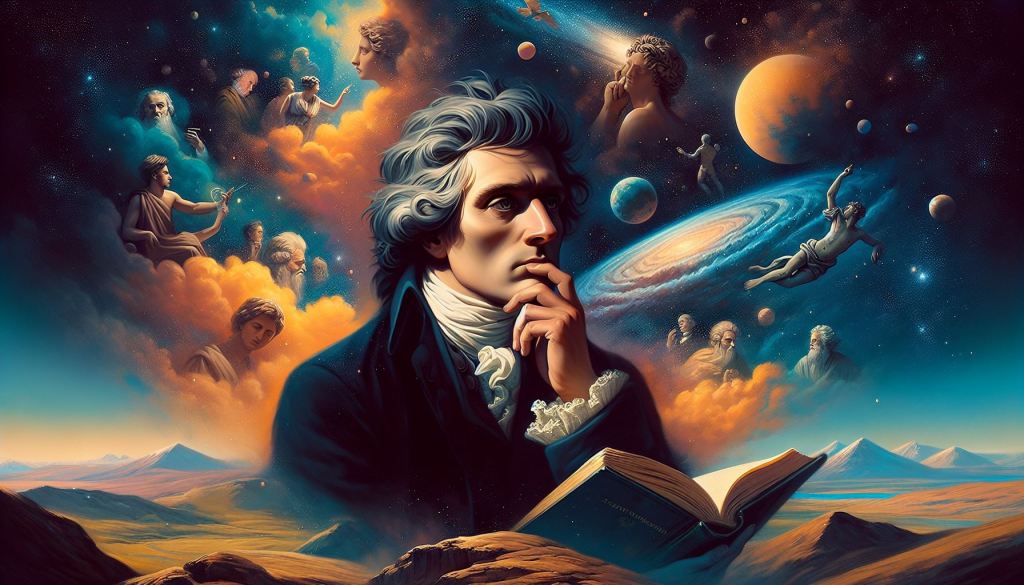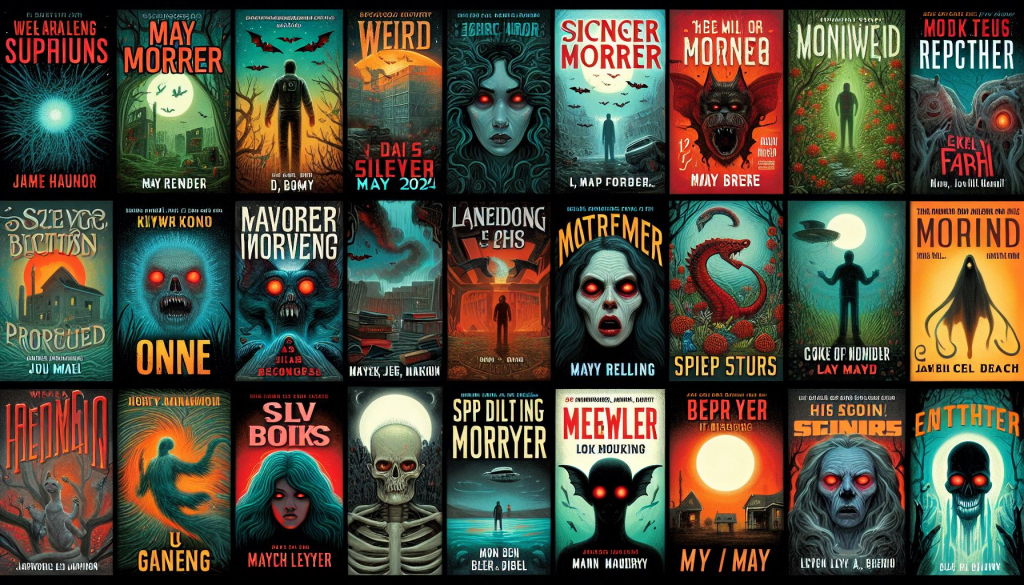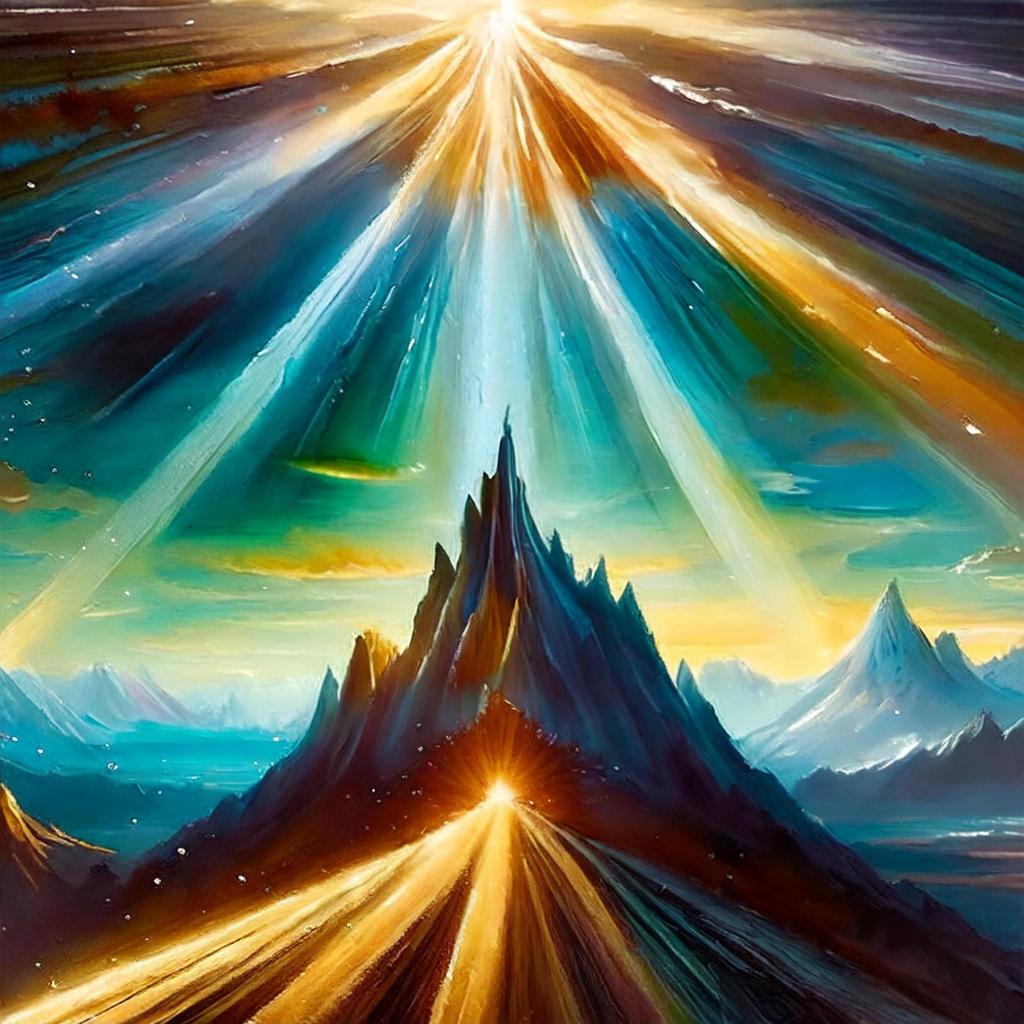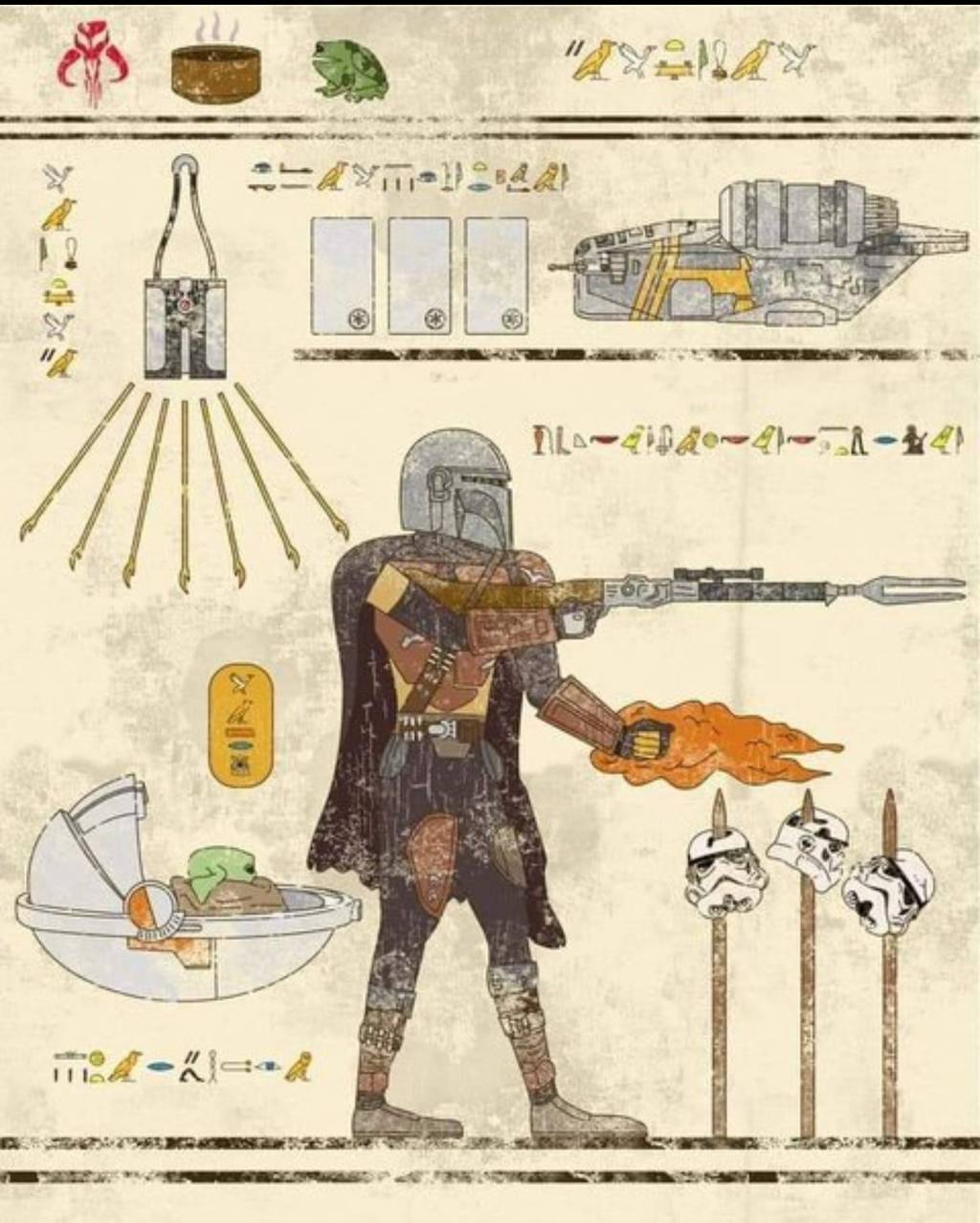Carl Jung and his map of the mind is very believable and reflects a number of other positions. It would probably make a cool hipster t-shirt as well 🙂
Few people have had as much influence on modern psychology as Carl Jung; we have Jung to thank for concepts like extroversion and introversion, archetypes, modern dream analysis, and the collective unconscious. Psychological terms coined by Jung include the archetype, the complex, synchronicity, and it is from his work that the Myers-Briggs Type Indicator (MBTI) was developed, a popular staple of personality tests today.

Among Jung’s most important work was his in-depth analysis of the psyche, which he explained as follows: “By psyche I understand the totality of all psychic processes, conscious as well as unconscious,” separating the concept from conventional concept of the mind, which is generally limited to the processes of the conscious brain alone.
To read more about the art of fear appeals and Horror, check out my book, “On Writing Horror: the Art of Fear Appeals.”
Jung believed that the psyche is a self-regulating system, rather like the body, one that seeks to maintain a balance between opposing qualities while constantly striving for growth, a process Jung called “individuation”.
Carl Jung saw the psyche as something that could be divided into component parts with complexes and archetypal contents personified, in a metaphorical sense, and functioning rather like secondary selves that contribute to the whole.

Read more about Jung here: http://journalpsyche.org/jungian-model-psyche/






Leave a Reply